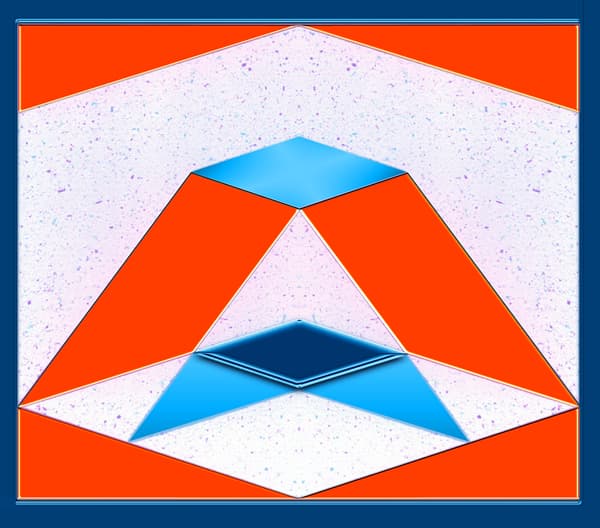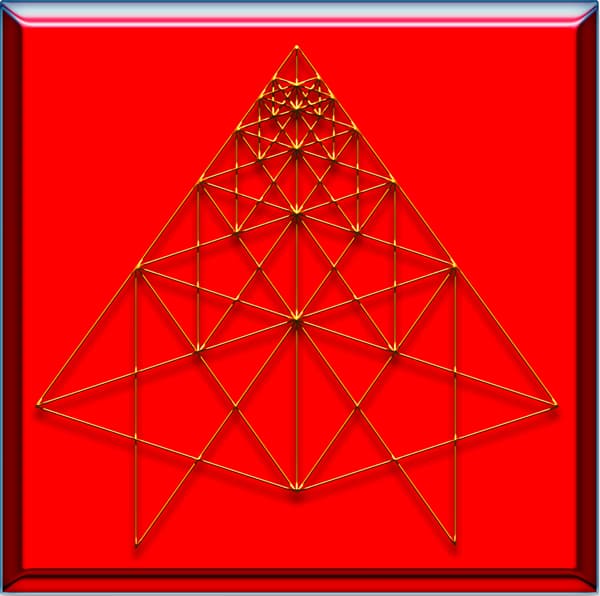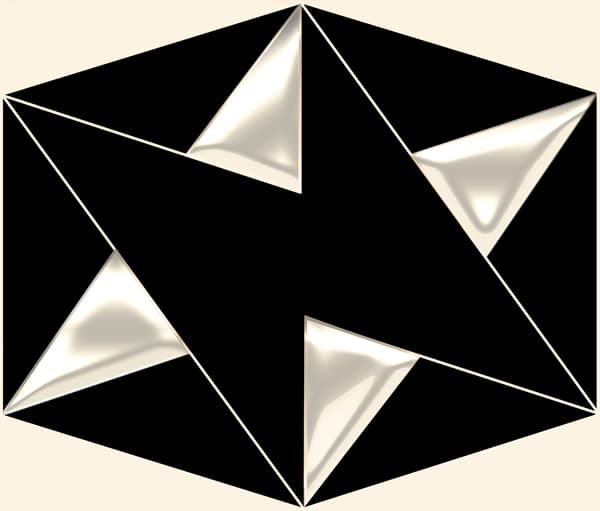Teja Krasek
Artists
Teja Krašek
Freelance Artist
Ljubljana, Slovenia
Statement
Krasek’s theoretical, as well as practical, work is especially focused on symmetry as a linking concept between art and science, on filling a plane with geometrical shapes, especially those constituting Penrose tilings (rhombs, kites, and darts). The author's interest is focused on the shapes' inner relations, on the relations between the shapes and between them and a regular pentagon. The artworks among others illustrate certain properties, such as golden mean relations, selfsimilarity, fivefold symmetry, Fibonacci sequence, inward infinity, and perceptual ambiguity… Krasek’s work concentrates on melding art, science, mathematics and technology. She employs contemporary computer technology as well as classical painting techniques. Her artworks and articles are exhibited and published internationally. Krasek’s artworks are among the winners of the 2nd and the 3rd International NanoArt competition.
Artworks

2 in 1 Variation
230 x 280 mm
Digital print
2010

X
257 x 259 mm
Digital print
2009

TwinStar
240 X 280 mm
Digital print
2010